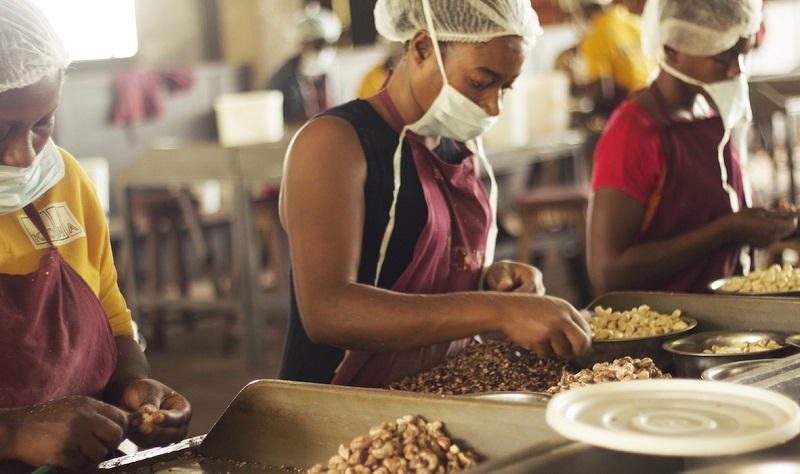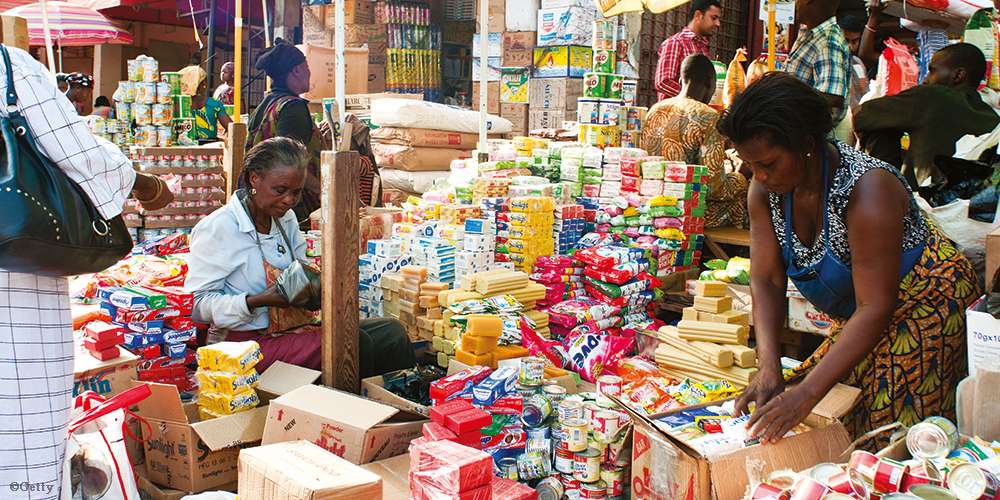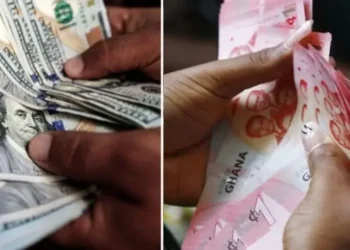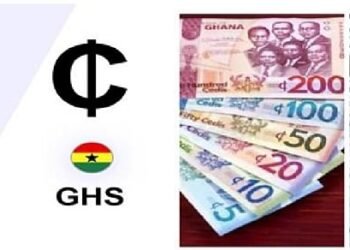Business confidence continues to weaken despite two consecutive expansions in the first and second quarters of the year in the Ghanaian economy.
Latest Bank of Ghana confidence surveys in August 2021 show that business confidence index is on a steady decline throughput this year, currently standing at 93.2. From 97.9 in the first survey conducted in February, the index declined in the next two consecutive surveys to 96.3 in June 2021, declining further in August.
The Governor of the Bank of Ghana, Dr. Ernest Addison, highlighted that the recent survey results revealed the inability of most businesses to meet their short-term company targets. According to him, the businesses mentioned “high input costs, unavailability of raw materials, weak consumer demand, and rising labour costs” as their major challenges.
Ghana Purchasing Managers’ Index
Dr. Addison averred that the Ghana Purchasing Managers’ Index (PMI) also fell in August 2021;mainly on the back of rising input costs. The decline in the PMI, according to the Governor, was consistent with;the results of the Bank’s latest confidence surveys conducted in August 2021. This reinforces the fact that business sentiments are gradually dying out despite the positive economic outlook.

The Ghana PMI is computed by IHS Markit in collaboration with Stanbic Bank Ghana. The PMI is a composite index based on five sub-components, namely; New Orders, Output, Employment, Suppliers’ Delivery Times, and Stock of Items Purchased. The two institutions collect the data from survey questionnaires administered to about 400;private sector companies across agriculture, construction, industry, services and wholesale & retail sectors.
Even though businesses are gradually losing confidence in the economy, Consumer confidence, on the other hand, has improved. The Consumer Confidence Index, which fell to its lowest in June 2021 with;a value of 88.8, picked up strongly to record 91.8 in August 2021. The rise, Dr. Addison said, is “reflecting optimism about current and future economic conditions”.
BoG assures of a strong rebound
Overall, the BoG’s update of the Composite Index of Economic Activity (CIEA) for July 2021 reflected continued recovery in domestic economic activity. The real CIEA recorded a 20.0 percent year-on-year growth in July 2021 compared to 20.2 percent in June 2021. It also higher than the 3.9 percent growth recorded in July 2020. Even though marginally below that of June, Dr. Addison attributed the sterling performance of the CIEA in July to increase in port activity, imports, domestic VAT, and air-passenger arrivals.

The BoG stated that private sector credit growth has not fully recovered to pre-pandemic levels due to lingering supply-side risk aversion from the shock of the pandemic. It also mentioned slower-than-expected growth in demand for loans as another reason.
Annual nominal growth in private sector credit slowed to 9.5 percent in August 2021 compared with 14.3 percent in the corresponding period of 2020. Similarly, real private sector credit contracted marginally by 0.1 percent compared to a growth of 3.4 percent recorded over the same comparative period.
Banks willingness to give out loans
The Governor however, stated that results from the latest Credit Conditions Survey point to a potential increase in demand for credit over the next two months. Dr. Addison added that Commercial banks have also indicated a likely softening of their credit stance to households and firms in the coming months. To him, this is “a development that may translate into higher credit growth to support the ongoing recovery process”.
The Committee was of the view that growth continues to recover from the impact of the pandemic. As such, the BoG pledges to maintain its COVID-19 related macro-prudential measures to support full recovery in economic activity.
READ ALSO: Sinohydro deal: Apologize to the people of Ghana for not doing the project- Dr Cassiel Forson























